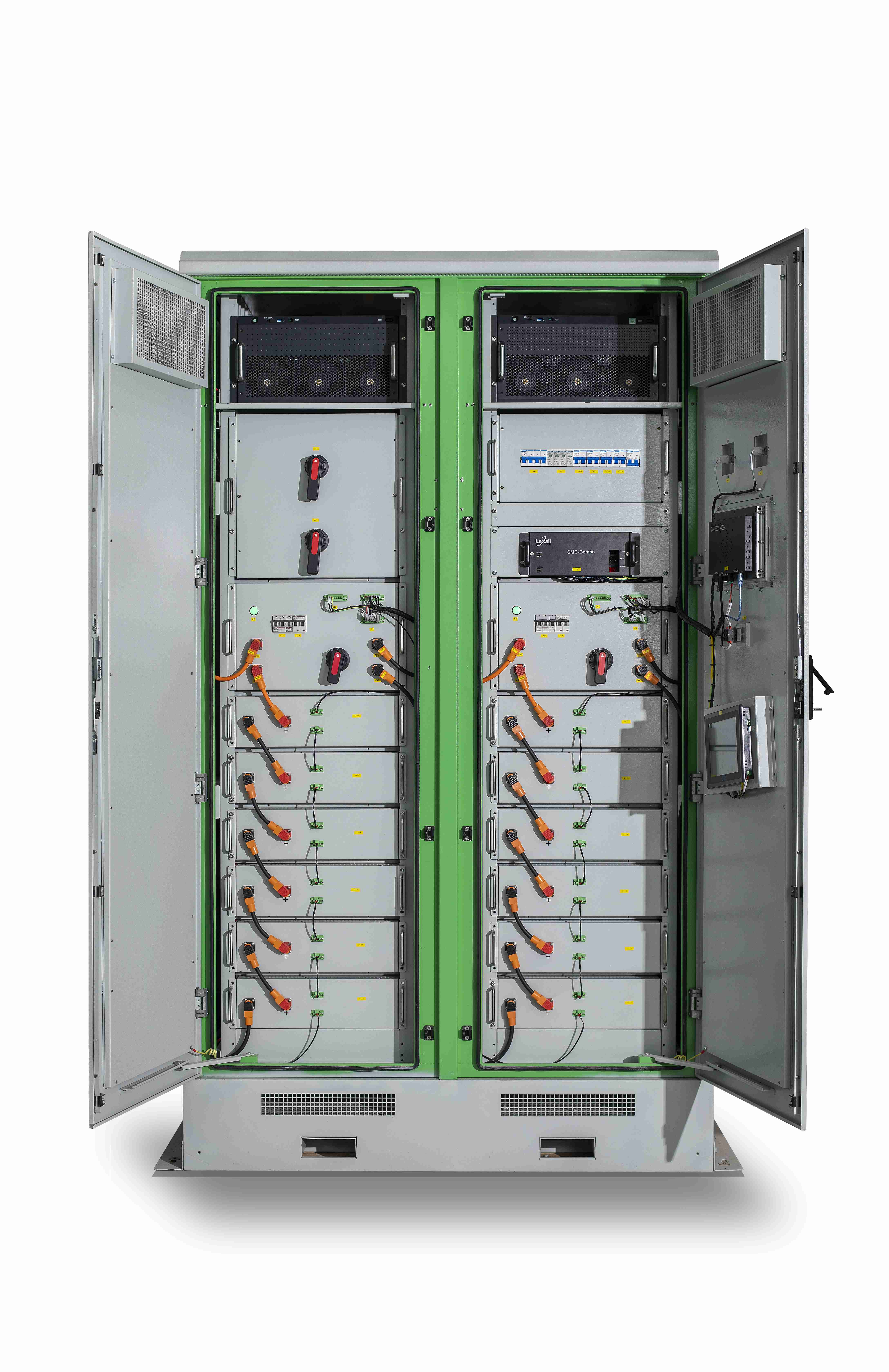
Dec . 29, 2024 13:32 Back to list
Exploring Innovations in Battery Energy Storage Solutions for Sustainable Power Management
Harnessing the Power of BESS The Future of Energy Storage
As the world grapples with the urgent need for sustainable energy solutions, the emergence of Battery Energy Storage Systems (BESS) has become increasingly critical. These systems are designed to store energy for later use, facilitating enhanced efficiency and reliability across various sectors. BESS presents a viable strategy for integrating renewable energy sources, thus playing a pivotal role in reducing reliance on fossil fuels and combating climate change.
At its core, a BESS consists of rechargeable batteries that capture energy from the grid during periods of low demand or when renewable sources, such as solar or wind, generate surplus energy. This stored energy can then be released during peak demand times, ensuring a consistent and reliable supply of power. The rise of BESS technology addresses one of the most significant challenges in the transition to renewable energy intermittency. Solar and wind energies are subject to varying weather conditions and time of day, making energy storage essential for maintaining grid stability.
One of the primary benefits of BESS is its ability to facilitate the integration of renewable energy sources into the existing energy infrastructure. With a growing emphasis on decreasing carbon footprints, many countries are investing heavily in renewable technologies. However, the erratic nature of these energy sources often makes it difficult to maintain a stable power supply. BESS helps to mitigate this issue by storing excess energy generated during peak production times for use during periods of low generation. As a result, energy providers can rely less on fossil fuel-based peaker plants, leading to decreased emissions and a cleaner energy mix.
Moreover, BESS plays a crucial role in enhancing the resilience of power grids. Natural disasters, equipment failures, and cyber-attacks can disrupt power supply, leaving communities vulnerable. By deploying BESS, utilities can ensure that critical infrastructure has a backup power supply, thereby improving overall grid reliability. In recent years, many utility companies have begun incorporating energy storage systems as part of their disaster recovery plans, recognizing their importance in maintaining service continuity.
bess energy storage

In addition to utility-scale applications, BESS technology is also gaining traction in residential and commercial sectors. Homeowners can install small-scale battery systems to store solar energy for personal use, which not only reduces electricity bills but also allows for greater energy independence. In commercial settings, businesses can leverage BESS to manage energy costs more effectively, shifting energy usage from peak to off-peak times and utilizing stored energy when rates are highest.
Technological advancements in battery chemistry and management systems have enabled BESS to become more efficient, durable, and cost-effective. Lithium-ion batteries, prevalent in consumer electronics and electric vehicles, dominate the BESS market due to their high energy density and declining costs. However, researchers are actively exploring alternative technologies, such as solid-state batteries, flow batteries, and even organic batteries, to overcome the limitations of current systems and enhance energy storage capabilities.
Despite the numerous advantages of BESS, some challenges remain. Concerns about battery recycling, sourcing materials like lithium and cobalt, and the environmental impact of battery production must be addressed to ensure sustainable growth in this sector. Policymakers and industry leaders need to collaborate to establish comprehensive recycling programs and promote responsible sourcing practices that minimize ecological harm.
In conclusion, Battery Energy Storage Systems are poised to be a cornerstone of the global transition to a sustainable energy future. By bridging the gap between energy generation and consumption, BESS not only enhances the efficiency and reliability of power systems but also fosters the integration of renewable energy sources. As technology advances and the world increasingly prioritizes sustainability, the role of BESS in shaping a cleaner and more resilient energy landscape cannot be overstated. Through continued innovation and collaboration, we can harness the full potential of energy storage systems, paving the way for a sustainable tomorrow.
-
Advanced AI Energy Management with GPT-4 Turbo
NewsAug.02,2025
-
AI-Powered EMS with GPT-4-Turbo | Efficiency Boost
NewsAug.01,2025
-
Optimized Storage System for GPT-4-Turbo | High Performance
NewsJul.31,2025
-
AI Energy Management System w/ GPT-4 Turbo Efficiency
NewsJul.31,2025
-
High-Performance Energy Storage System for Reliable Power Solutions
NewsJul.30,2025
-
Advanced EMS Solutions for Energy Management System & Storage Battery Companies
NewsJul.29,2025























